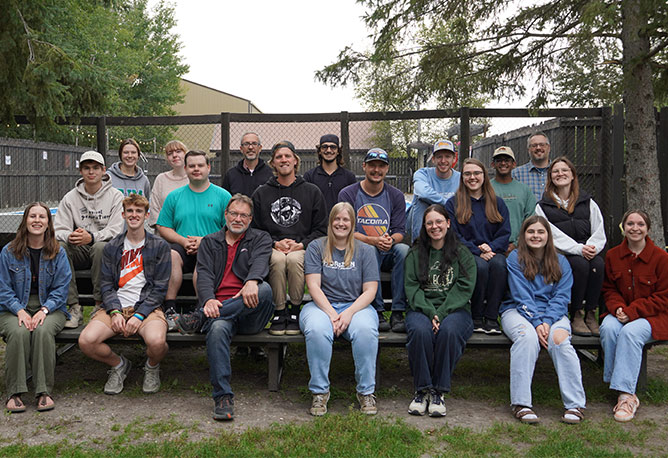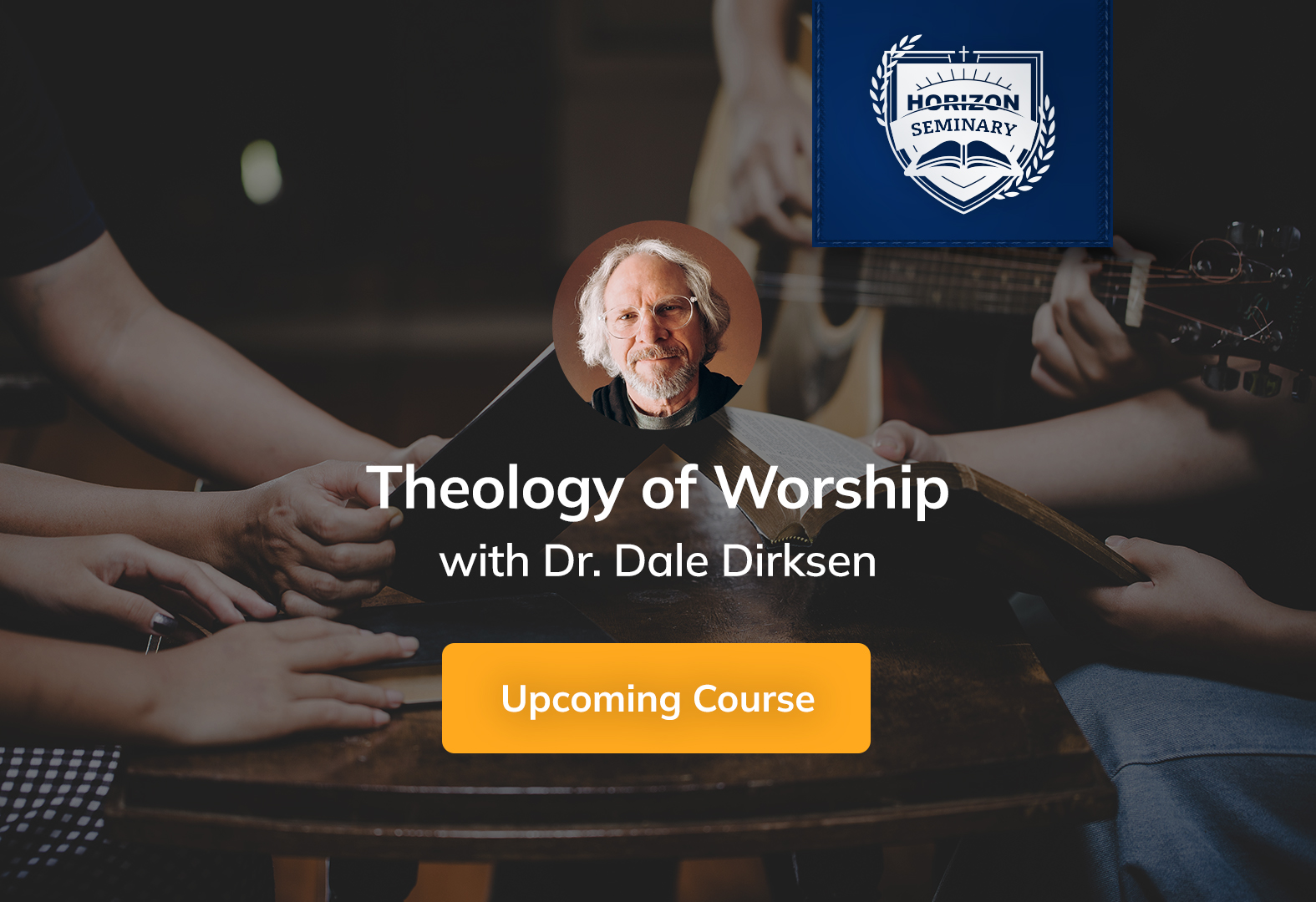Walking through the door, I looked at the panel of people seated at the table in front of me. Warm smiles and curious glances gazed back. I took my seat, tightly gripping the folder in my hand. Nervousness mixed with excitement filled me as I sat down for the interview.
I was fresh out of graduate school, having graduated with my master’s degree in counselling psychology from a large university on the Canadian Prairies.
I couldn’t help but wonder if any of these people knew this wasn’t the first time I’d walked through these doors. This Christian counselling centre that helped so many people over the past thirty years had also been a refuge for my hurting heart.
Memories washed over me from my teen years, when my exasperated mother hauled me off to meet with a Christian counsellor. I’d walked through these same doors and found myself sitting across the desk from a middle-aged lady. At the time, I was angry, hurt, and had no desire to talk to anyone. Yet somehow, through her warm, kind demeanour and engaging questions, she gained my trust.

Leaving her office that day, a dream was born in my heart to impact lives for Christ, the way this Christian counsellor had impacted mine.
Years later, after serving long-term as a global worker in war-torn Eastern Europe, I was returning home, depleted and burned out. Witnessing the aftermath of a brutal war, along with the trauma and grief inflicted on innocent people, shattered basic assumptions I carried about humanity, the nature of good and evil, and God’s intervention in the world. Once again, I found myself entering the doors of this Christian counselling centre with a load too heavy for my twenty-something soul to carry.

Saskatchewan is known as the “land of living skies.”1
Growing up here, I understand the origin of this slogan firsthand. I’ve watched the sky painted with glorious hues of red, orange, and yellow as the sun sets over the North Saskatchewan River. I’ve seen the dark night sky lit up by the dancing northern lights casting their ribbons of white, green, and purple across the great prairie expanse.
Over the years, serving as the executive director and lead psychologist of a Christian counselling ministry in the land of living skies brought a different landscape into my view.
From the chair in my clinical office, I witnessed the lives of the people of the Prairies. I cried with mothers who lost their children too soon, asking why God would allow this to happen. I sat with farmers, weary of trying to survive another year financially, uncertain if God heard their prayers. I held space for youth, arms covered in scars from self-harm, searching for hope and meaning.
This clinical landscape showed me that people bring hard theological questions to the counselling space. It also demonstrated the vital need for safe counselling spaces where hard theological questions can be processed with caring, competent Christian mental health professionals.
The prairie horizon continues to hold great opportunity for Christian mental health professionals to play a key role in providing accessible mental health services.

The emerging generation, known as Generation Z, are more likely to experience mental health issues than any previous generation.2 While daunting, the good news is that 68 percent consider themselves religious and recognize a positive correlation between their religious commitments and mental health flourishing.3 These youth also demonstrate a strong willingness to access therapy and to personally pay for effective mental health care, even if it’s not covered by their health benefits.4
Reflecting on my personal journey, I am grateful for the Christian counsellors who were there when I needed them. I pray many more would respond to this opportunity to meet the needs of the generations coming behind us.
Heather Tomes is a registered psychologist licensed to practice in Saskatchewan. She holds a Bachelor of Arts in Psychology (Honours) from the University of Saskatchewan, and a Master of Education in School and Counselling Psychology from the University of Saskatchewan.
She serves as the Program Coordinator in the Counselling Department at Horizon Seminary and is the faculty supervisor for students completing their counselling practicums. In addition to her academic work and teaching, Heather works professionally in private practice as the founder of Living Well Psychology, providing supervision and consultation to provisional psychologists, registered counsellors, businesses, churches, and community organizations.
1 Canadian Press, “A List of Provincial License Plate Slogans,” National Post, April 9, 2019, https://nationalpost.com/pmn/news-pmn/canada-news-pmn/a-list-of-provinciallicence-plate-slogans.
2 Sophie Bethune, “Gen Z More Likely to Report Mental Health Concerns,” Monitor on Psychology, January 2019, https://www.apa.org/monitor/2019/01/gen-z.
3 Kevin Singer, “Gen Zers Are Religious, And Their Mental Health Depends on It,” Religion Unplugged, January 10, 2023, https://religionunplugged.com/news/2023/1/6/genz-is-religious-and-their-mental-health-depends-on-it.
4 Susanna Lehtimaki, Jana Martic, Brian Wahl, Katherine Foster, and Nina Schwalbe, “Evidence on Digital Mental Health Interventions for Adolescents and Young People: Systematic Overview,” JMIR Mental Health 8, no. 4 (April 2021), https://doi.org/10.2196/25847.
This article was previously published in Providence Theological Seminary’s academic journal, Didaskalia.











